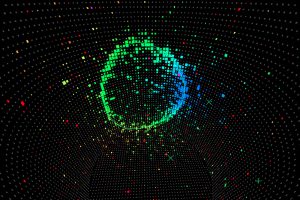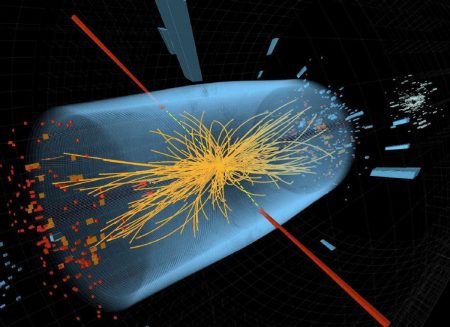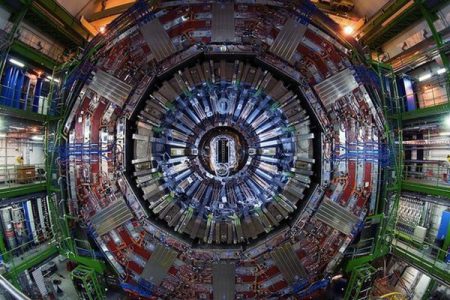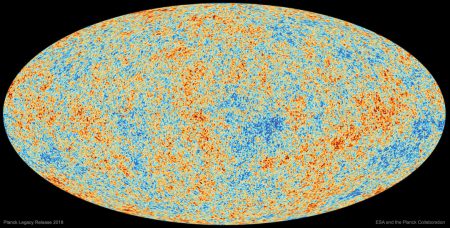
Neutrino properties and the nature of neutrinos.
Unveiling whether they are their own anti-particles and performing precise determinations of their absolute mass scale and oscillation parameters. Oscillation studies and neutrinoless double beta decay searches are thriving with new experiments. We will analyse current and upcoming neutrino experiments probing their mass hierarchy, CP violation and the atmospheric octant. We will compare with theoretical predictions, and study sub-leading effects that may give insight on the scale of neutrino mass generation.

Underpinning the origin of neutrino mass, its characteristic scale and impact on particle physics.
We will study theories of neutrino mass generation, both within the high and low-scale seesaw approaches, as well as radiative scenarios. We will study predictions from non-Abelian family symmetries, and their implications for neutrino oscillations, lepton flavour violation, collider experiments as well as dark matter searches.

New physics at the LHC after the Higgs boson.
The LHC has so far out-performed its technical design. However, apart from the historic Higgs boson discovery, it has caused theorists frustration. While supersymmetry remains attractive, alternatives are needed. We will stress the valuable guidance provided by neutrino data, investigating models with extended gauge groups and/or extra dimensions, with and without supersymmetry. We will study signals for lepton number and lepton flavor violation within various theory setups and compare with the experiments. In particular the tantalizing, currently inconclusive, hints for new physics coming from the B sector will be scrutinized from a theory perspective.

Particle cosmology
Emphasis on neutrino cosmology, including the analysis of the cosmological bounds on neutrino properties and the study of neutrino physics solutions to cosmological puzzles such as baryogenesis, dark matter and inflation.
Concerning dark matter, there are good prospects for WIMP discovery through direct and indirect searches, as well as confirmation at colliderexperiments. We will investigate other particle dark matter candidates, such as axions and majorons, as well as decaying dark matter.
